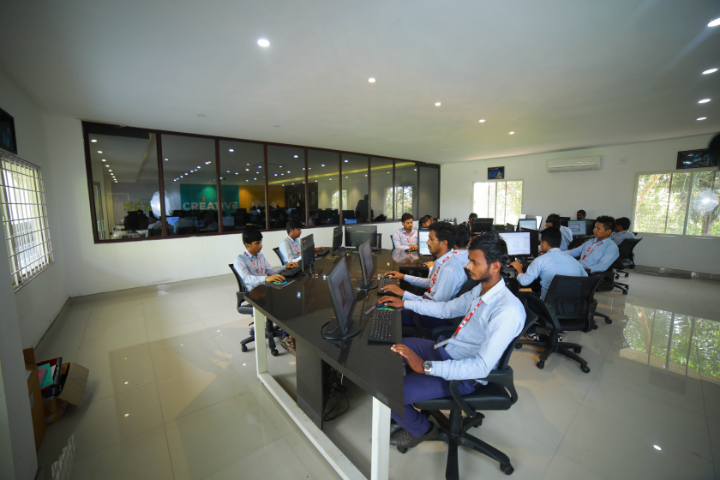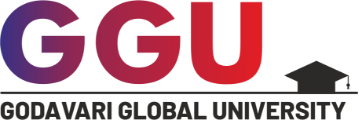Department Profile
Overview
Genesis
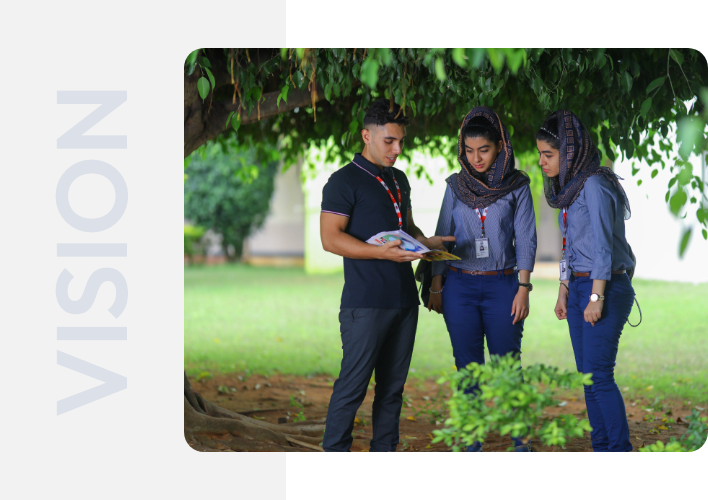
Our Vision
Our Mission
- Participative learning so that students internalize their classroom learning practices.
- Student centric learning practices such as summary sessions, learn-ahead-of class, problem solving.
- Extensive practical courses to foster learning by observation.
- Exposing students, faculty and staff to various industrial practices and usage of modern tools to reinforce their classroom / laboratory learning.
- Sensitization towards importance of ethical practice, societal responsibility, leadership skills, entrepreneurship skills, communication skills and lifelong learning.
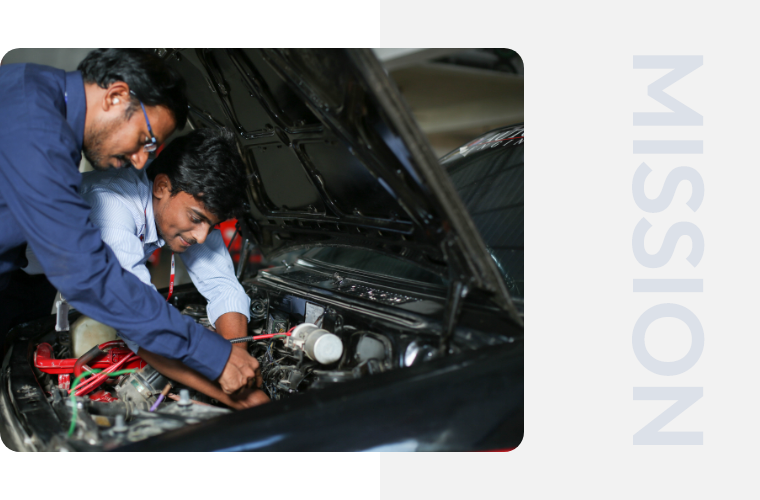
Program Outcomes
After completion of the program, a successful graduate will be able to:
Program Outcomes
Engineering knowledge: Apply the knowledge of mathematics, science, engineering fundamentals, and an engineering specialization to the solution of complex engineering problems.
Problem analysis: Identify, formulate, review research literature, and analyze complex engineering problems reaching substantiated conclusions using first principles of mathematics, natural sciences, and engineering sciences.
Design/development of solutions: Design solutions for complex engineering problems and design system components or processes that meet the specified needs with appropriate consideration for the public health and safety, and the cultural, societal, and environmental considerations.
Conduct investigations of complex problems: Use research-based knowledge and research methods including design of experiments, analysis and interpretation of data, and synthesis of the information to provide valid conclusions.
Modern tool usage: Create, select, and apply appropriate techniques, resources, and modern engineering and IT tools including prediction and modeling to complex engineering activities with an understanding of the limitations.
The engineer and society: Apply reasoning informed by the contextual knowledge to assess societal, health, safety, legal, and cultural issues and the consequent responsibilities relevant to the professional engineering practice.
Environment and sustainability: Understand the impact of the professional engineering solutions in societal and environmental contexts, and demonstrate the knowledge of, and need for sustainable development.
Ethics: Apply ethical principles and commit to professional ethics and responsibilities and norms of the engineering practice.
Individual and team work: Function effectively as an individual, and as a member or leader in diverse teams, and in multidisciplinary settings.
Communication: Communicate effectively on complex engineering activities with the engineering community and with society at large, such as being able to comprehend and write effective reports and design documentation, make effective presentations, and give and receive clear instructions.
Project management and finance: Demonstrate knowledge and understanding of the engineering and management principles and apply these to one’s own work, as a member and leader in a team, to manage projects and in multidisciplinary environments.
Life-long learning: Recognize the need for, and have the preparation and ability to engage in independent and lifelong learning in the broadest context of technological change.
Program Educational Objectives
Within a few years after the graduation, the graduates will be:
Program Educational Objectives
- Working professionals in the Mechanical Engineering field or other disciplines to develop products, and processes to solve Mechanical Engineering related or other problems for the betterment of society.
- Pursuing further education to enrich their knowledge in Mechanical Engineering or other fields.
- Undertaking entrepreneurial ventures in Mechanical Engineering or other disciplines.
Program Specific Outcomes
At the end of the programme the specific abilities that will be acquired are
Program Specific Outcomes
- Join a technically sophisticated workforce as successful professionals in a wide range of mechanical engineering and related fields.
- Continuously improve and expand their technical and professional skills through formal means as well as through informal self-study.
- Pursue advanced degrees in engineering, business, or other professional fields.
- Advance themselves professionally and personally by accepting professional and societal responsibilities and pursuing leadership roles.
Our Courses
UG PROGRAM
4 YEARS
B. Tech. in Mechanical Engineering
Mechanical Engineering Department
PG PROGRAM
2 YEARS
M. Tech. in Computer Aided Design and Manufacturing
Mechanical Engineering Department
Head of Department

Dr. E. Nirmala Devi
Head of the Department and Chairman-BoS
Infrastructure
The Department has 11 modern laboratories as follows to serve the learning needs of the students.
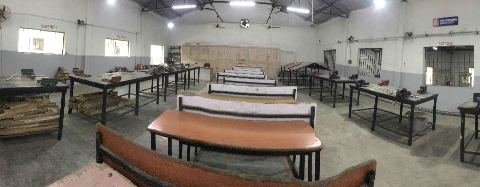
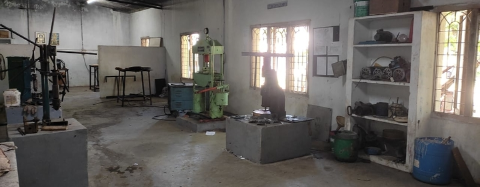
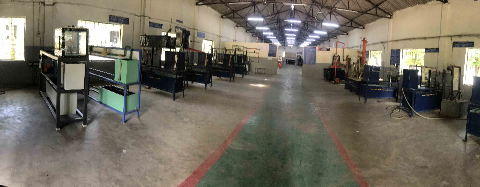
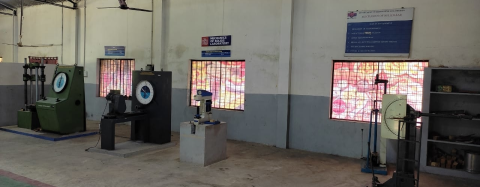
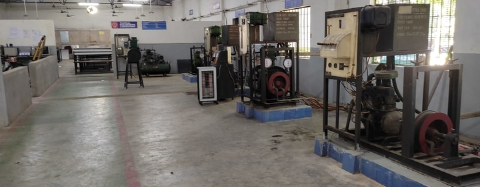
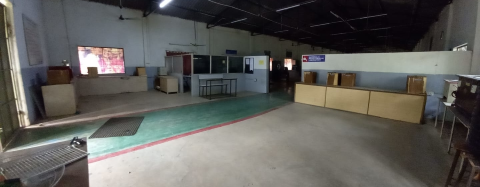
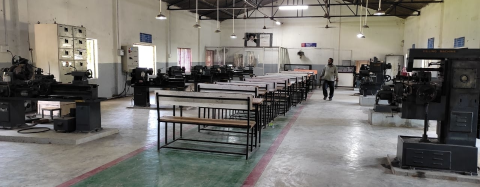
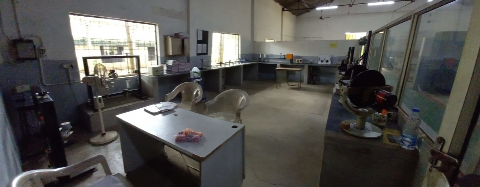
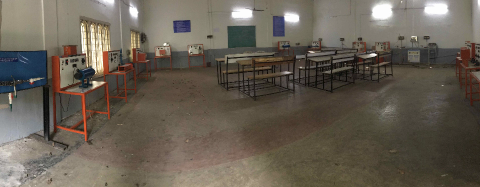
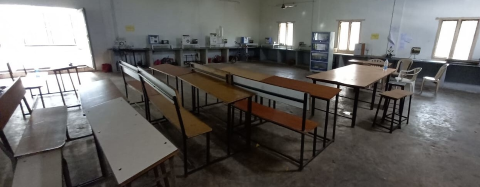
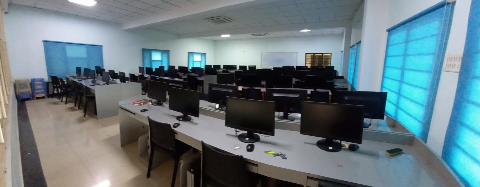
Research and Development
Centre of Excellence
Applies Robotic Control
The MOU was happened between APSSDC, European Center for Mechatronics APS GmbH, Aachen and GIET (A), Rjy. This engagement was aimed to skill the engineering graduates from the state of Andhra Pradesh in Mechatronics and Industrial Robotics. It was proposed to establish Indo-European Skilling Centers for Mechatronics and Industrial Robotics in 40 Engineering Colleges across the state of Andhra Pradesh. ECM has selected 11 Engineering Colleges initially in collaboration with APSSDC under pilot phase. This tie-up is to provide end to end skill training including assessment, certification and facilitating placements to the trained students. The robotics infrastructure established in the respective college henceforth called Applied Robotic Control Labs (ARC Labs).

Dassault System’s 3D Experience
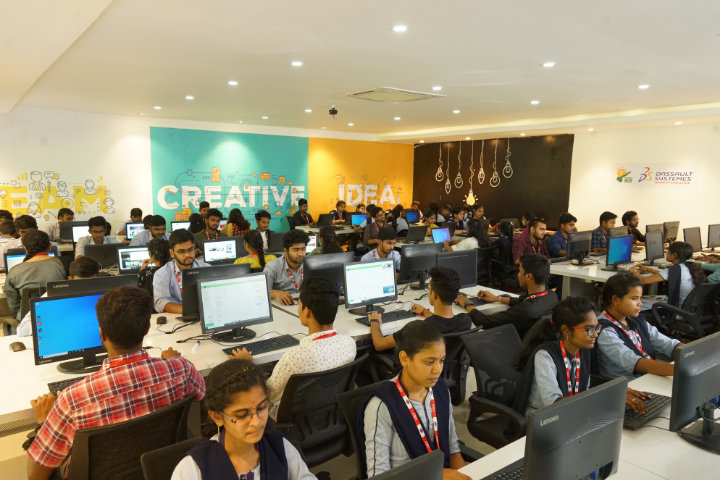
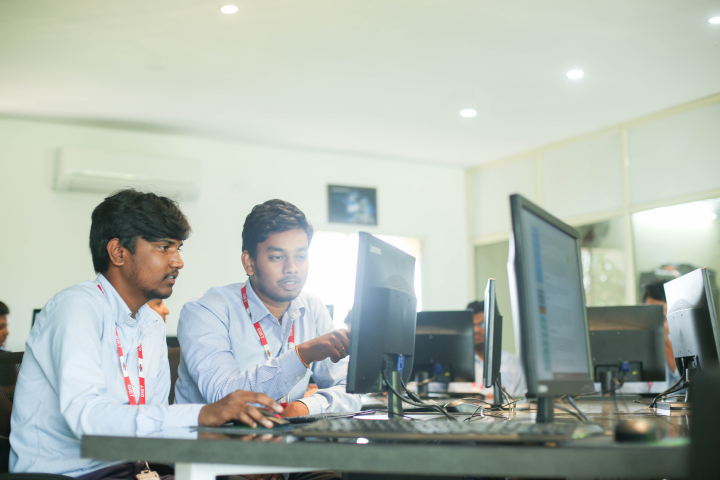
Functionality
ARC CYCLE-I: A.Y: 2019-2020
Program: ARC 1.0 (10 Modules/ 10 Weeks Course)
Course Contents: Topics of Mechatronics, Manufacturing, Industrial Automation and Robotics
Period: 8-Dec-2018 to 20-Dec-2018
No. Of students Participated: 38
No. Of students Qualified: 28
Departments Participated: III B. Tech ME, ECE, EEE and AME
Program: ARC 2.0 (10 Modules/ 10 Weeks Course)
Course Contents: Training Course on Advanced Industrial Robotics
Period: 5th August 2019 to 12th August 2019
Software Tools Used: CPRog
No. Of students Participated: 26
No. Of students Qualified: 25
Departments Participated: III B. Tech ME, ECE, EEE and AME
Program: ARC 3.0 (12 Weeks Training + Bachelor Project)
Course Contents: Hands on Experience/ Bachelor Project on Industry scale robots in Industrial setup
Period: 27th Jan 2020 to 3rd March 2020.
Software Tools Used: MotoSim
No. Of students Participated: 24
No. Of students Qualified: 24
Departments Participated: III B. Tech ME, ECE, EEE and AME
ARC CYCLE-2: A.Y: 2020-21
Program: INTERNATIONAL INTERNSHIP PROGRAM
Course Contents: Programming IGUS robot
Software Tools Used: CPRog
Period: 24-Feb-2021 to 14-April-2021
No. Of students Participated: 61
No. Of students Qualified: 26
Departments Participated: III B. Tech ME, ECE and AME
Benefits
- Cycle-I was completed in the Academic Year of 2018-19 which includes ARC 1.0, 2.0 and 3.0 Programs. The students involved in these programs were benefited with International certificates.
- Cycle-II was completed in the Academic Year of 2019-20 which includes International Internship. Students got benefited with International Certificates in internship.
